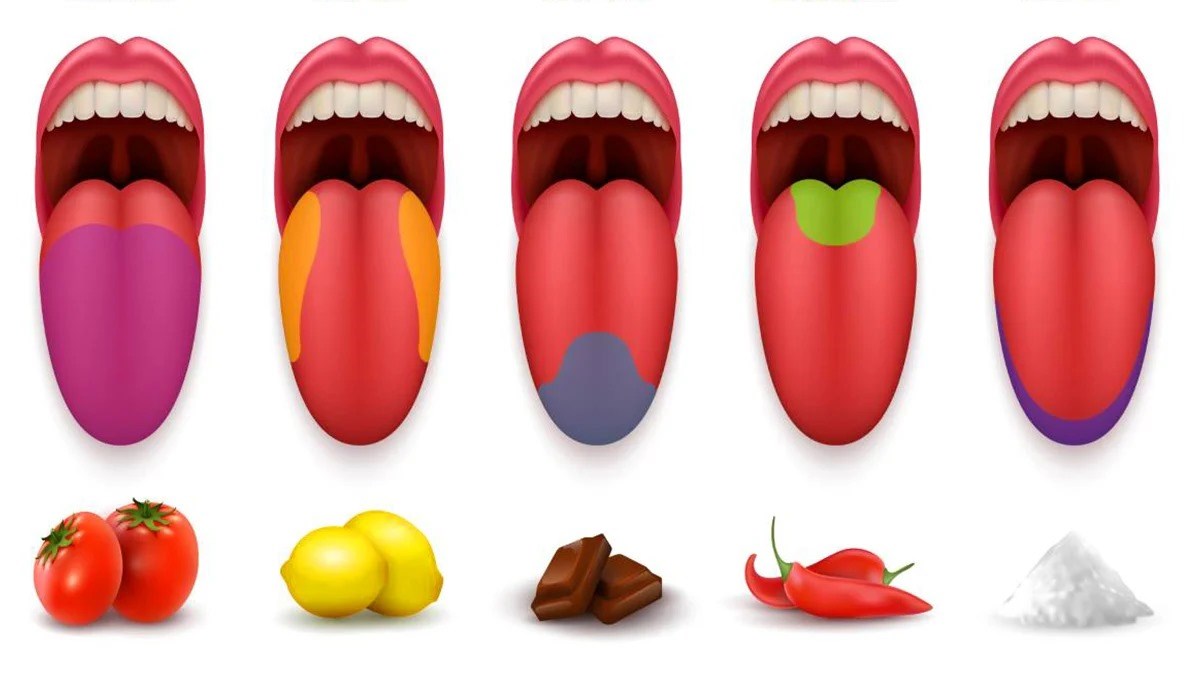 Taste occurs when ingested chemicals interact with special taste receptor cells (TRCs) located on the tongue and palate. Different TRCs respond to each of the five basic tastes – sweet, salty, bitter, sour, umami – and help the nervous system determine whether what is being eaten is perceived as bitter, sweet, umami, sour, salty, or a combination of all five. But a new report has revealed that there may be a sixth taste receptor.
Taste occurs when ingested chemicals interact with special taste receptor cells (TRCs) located on the tongue and palate. Different TRCs respond to each of the five basic tastes – sweet, salty, bitter, sour, umami – and help the nervous system determine whether what is being eaten is perceived as bitter, sweet, umami, sour, salty, or a combination of all five. But a new report has revealed that there may be a sixth taste receptor.Here is the newly discovered sixth basic taste: Ammonium chloride.
After Umami was described in 1908, it was recognized as a distinct taste in 1990. Now, a study conducted by researchers at the USC Dornsife College of Letters, Arts and Sciences has found evidence of ammonium chloride, the sixth basic taste.
In the current study, researchers set out to test the contribution of sour TRCs and OTOP1 to the tongue’s ability to detect ammonium chloride. They inserted the Autop1 gene into human cells grown in the laboratory and exposed some to acid or ammonium chloride. They found that ammonium chloride activated the OTOP1 receptor as effectively as acid. Tests on mice confirmed that those with the Autop1 gene avoided ammonium chloride, while those with the gene disabled did not.
“Ammonium is slightly toxic. So it makes sense that we evolved taste mechanisms to detect it,” corresponding author Emily Liman said of the research. He stated: Based on these findings, the researchers suggested that the ability to taste ammonium chloride may have evolved to help organisms avoid harmful substances.